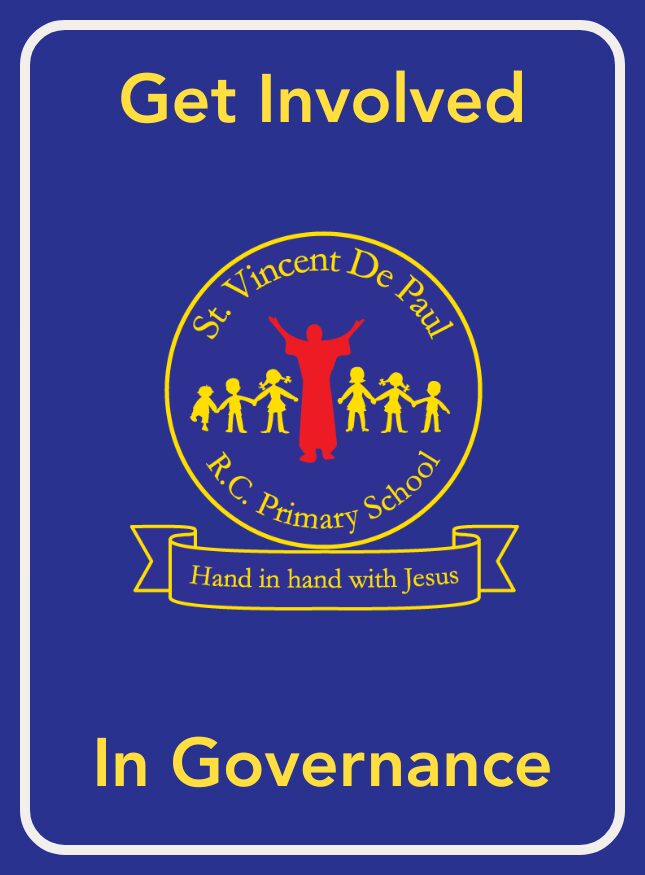Click on the sections below to explore and learn more about the English curriculum at St Vincent’s.
“Start children off on the way they should go, and even when they are old, they will not turn from it.” Proverbs 22:6
At St Vincent’s, we are committed to providing a high-quality English curriculum that fosters a love of reading, enriches vocabulary, and develops confident, articulate communicators.
We believe that every child should become a successful and confident reader with the skills to decode, comprehend and engage deeply with texts. Through a structured and systematic approach, we ensure that children develop strong foundations in word recognition, comprehension and vocabulary acquisition.
Our EYFS and KS 1 follow the Little Wandle scheme for phonics, ensuring a clear progression in early reading skills. This is built upon through a combination of individual reading, small group reading and whole-class reading, where pupils engage with a rich variety of texts.
Our carefully selected class texts complement other areas of the curriculum, embedding cross-curricular knowledge and fostering a deeper understanding of the world. Book talk is an integral part of our approach, allowing children to explore ideas, express opinions, and develop critical thinking skills.
We place a strong emphasis on oracy, ensuring that every child’s voice is heard. Through choral reading, echo reading, and group reading, we model fluent and expressive reading while promoting independence. Regular story time enhances children’s exposure to high-quality literature and provides opportunities for discussion. Our curriculum enables children to explore a diverse range of texts, including fiction, non-fiction, poetry, and information texts, encouraging them to engage with local, national, and global issues.
At St Vincent’s, we believe that writing is a key life skill and we are committed to ensuring that every child can write clearly, confidently and use accurate punctuation and grammar. Our curriculum is designed to build strong foundations in writing, enabling children to express themselves effectively for a range of purposes and audiences. In EYFS and KS1, children follow the Little Wandle scheme for letter formation, developing early handwriting skills. As they progress into KS2, they transition to the ‘Teach Handwriting’ scheme, ensuring a consistent approach to presentation and fluency in writing. Precise grammatical terminology is taught with clear progression from EYFS to Year 6, enabling children to apply their knowledge with accuracy and confidence.
Grammar is taught through discrete lessons that are carefully linked to the class text or foundation subjects, embedding knowledge in a meaningful context. Children are exposed to a variety of genres and writing purposes, developing their understanding of different text types. We recognise the importance of verbalising and visualising ideas before writing. Our approach follows the ‘I do, we do, you do’ model, ensuring children first engage with exemplar texts, analyse key features and participate in shared writing before becoming independent writers. Writing is explored through whole-class discussions, small groups, and paired activities, providing multiple opportunities for children to engage with high-quality models before writing independently.
To develop confidence and independence, writing is scaffolded in a variety of ways, ensuring all children feel supported in their learning. They are explicitly taught how to plan, draft, edit and refine their work, exploring vocabulary choices to enhance clarity and cohesion. Ultimately, we aspire for every child to leave our school as a competent, articulate, and literate individual with a life-long love of both reading and writing.
Our English Subject Leaders are Mrs D. Gillan and Mrs V.Smith.



